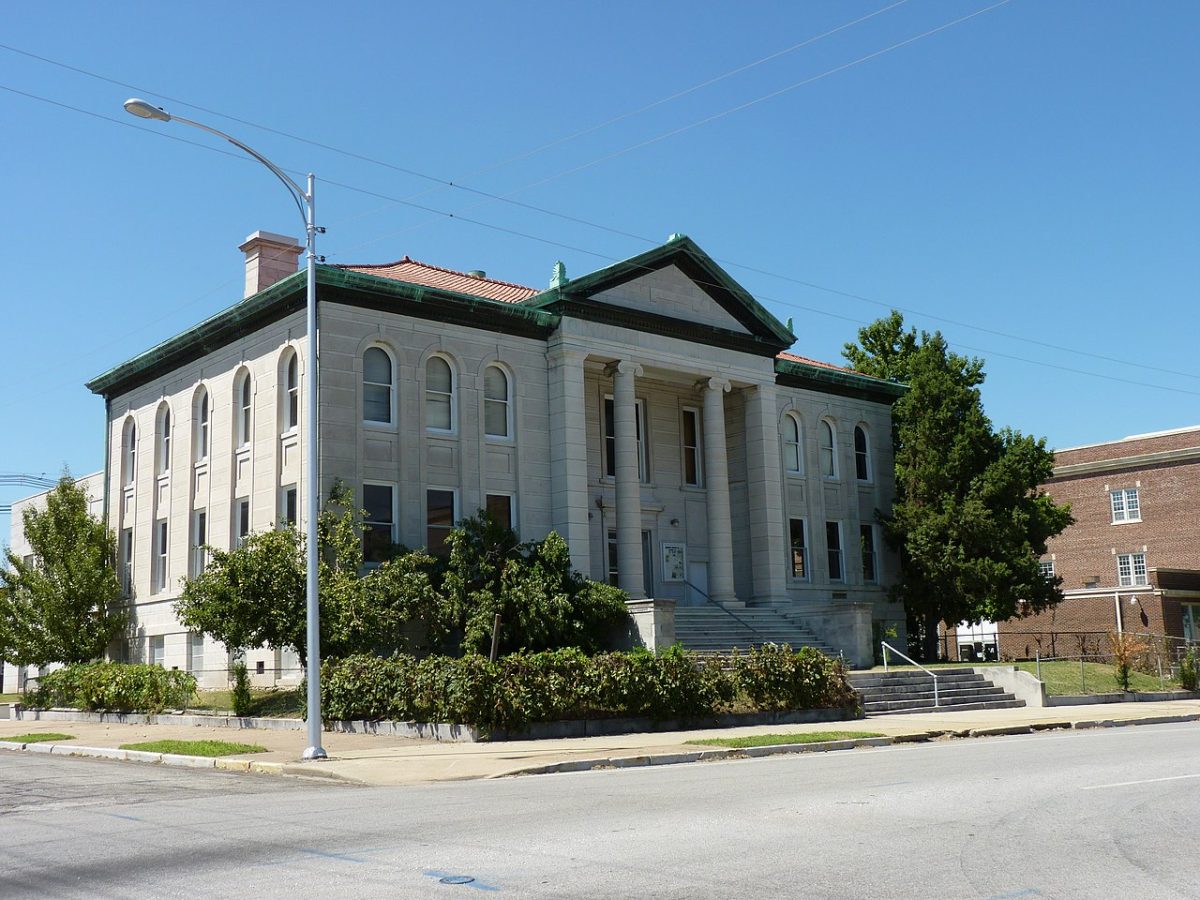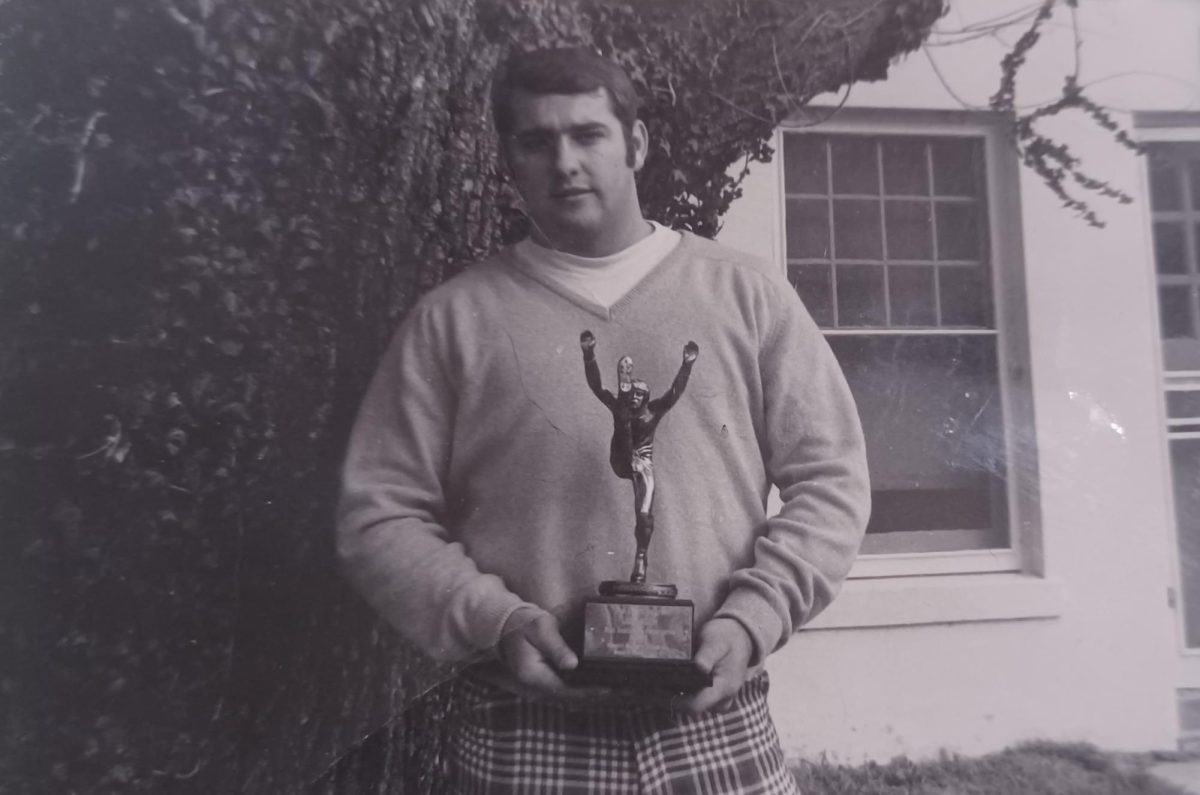Often it is easy to disconnect from the distant parts of this world. To feel isolated in a separate universe that never touches the foreign countries outside of our own. Yet even here in our beautiful Joplin, Missouri do we find evidence of pieces touched by people of seemingly distant lands.
Andrew Carnegie was born November 25, 1835, in Dunfermline, Scotland. Accord to Ellen Terrel author of “Research Guides: This month in Business History: Industrialist Andrew Carnegie Born,” Carnegie was a remarkable philanthropist that touched many countries. Many of his philanthropic endeavors focused on the improvement of education. One of his educational pursuits he was most passionate about was the construction of free public libraries in the United States of America. “Carnegie Libraries: The Future Made Bright (Teaching with Historic Places),” published by the National Parks Service of the U.S. Department of the Interior, describes this movement as the “‘free library movement.’” They also state that for America in the 19th century this was an important step in educating the public. The official record held by the Missouri Preservation in the article “Joplin Carnegie Library” claims that Joplin in the 1890s joined this movement.
The National Parks Service also gives a stupendous account of the vast knowledge and importance of the construction of the free libraries. Carnegie built libraries that educated seamen, businessmen, mechanic’s and other working-class people. This led to the eventual push for public schools free of charge. Education of all social classes was key to a stronger government of educated intelligent voters. Not just in the United States, but in the world as a whole. Education is freedom, and freedom is education. In a century of wars and destruction, education was the only way to ensure intelligent voters that could rebuild a crumbling world.
Carnegie understood and saw the importance of this “free library” movement and stepped in to provide funds and guidance. The American Midwest was a particular area of interest. As recorded by the official record held by the Missouri Preservation in the article “Joplin Carnegie Library,” in 1901 Joplin reached out to Carnegie to secure funds for their own Carnegie Library. Carnegie, with his donation of $40,000 built the two-story Neoclassical Revival Joplin Carnegie Library with local marble from the neighboring city of Carthage Missouri. Its impressive stature is a constant symbol of the great effect access to education had on our great country.
The revolution of free libraries and greater access to education had an enormous global effect on this world. An effect that Joplin can proudly say it was a part of. The next time it feels as if there is a disconnect between your life in rural Joplin and the rest of the world, remember the Joplin Carnegie Library. Remember the effect of education brought by a foreign man that improved the status and intelligence of our great country.
“If it is right that schools should be maintained by the whole community for the well-being of the whole, it is right also that libraries should be so maintained.”
-Andrew Carnegie




















